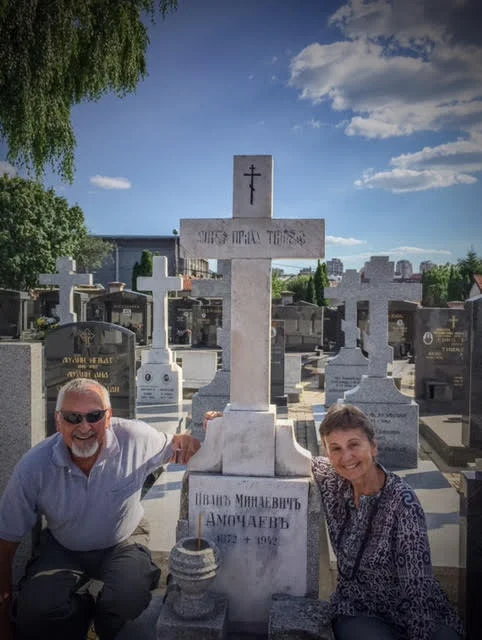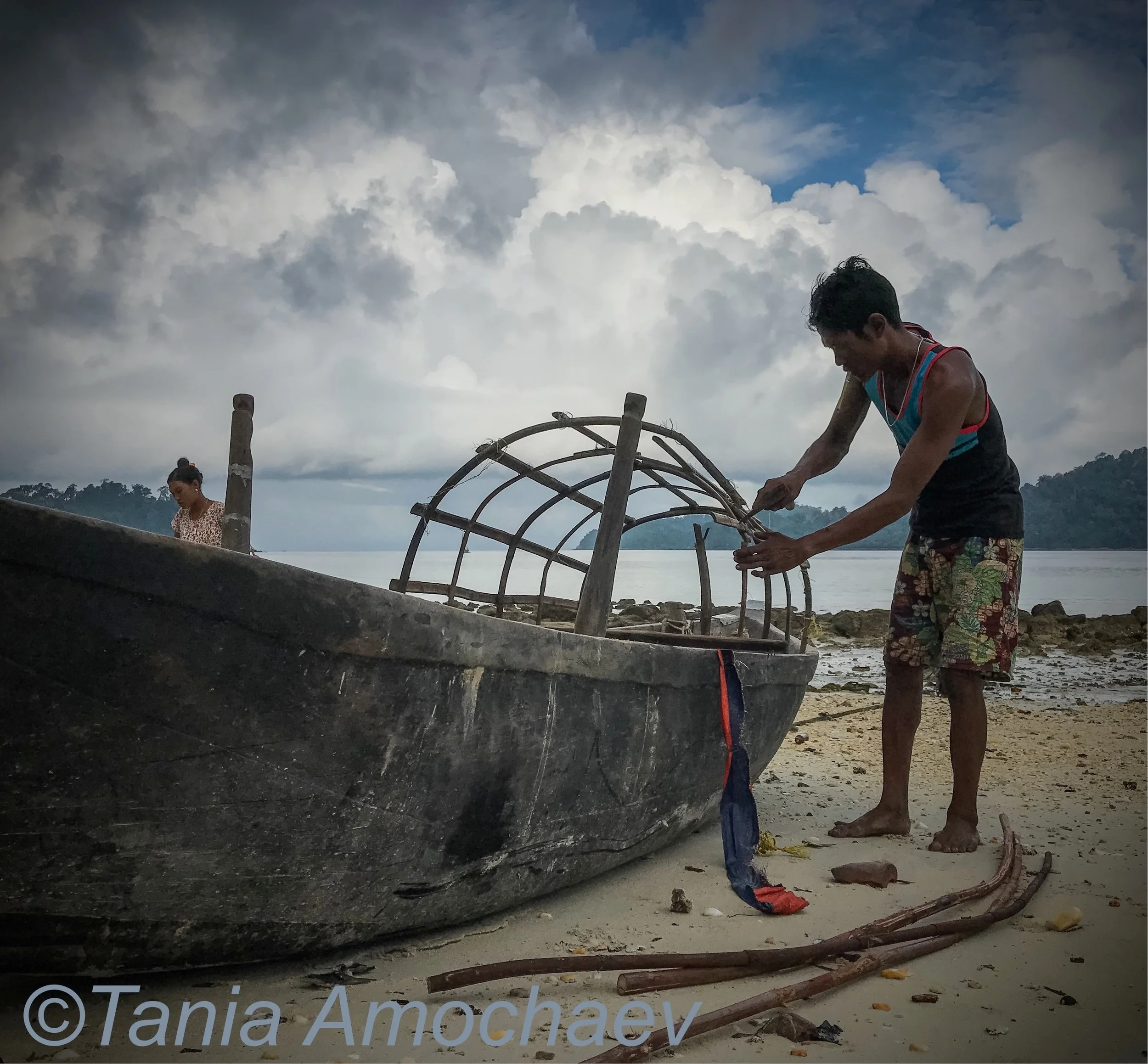One the same day that I flew home from India a few weeks ago, instead of going to sleep early, I went to read my story about Morocco at an event called Lit Crawl. It’s the celebratory end of San Francisco‘s week-long LitQuake, and 10,000 people come listen to several hundred readers in various cafés, bookstores, libraries, and other venues in the Mission District.
It was a wonderful event in a packed café, and I read with a small group of fellow travel writers led by Larry Habegger, whose company, Travelers' Tales, will be publishing my book, Mother Tongue, in March.
Toward the end of the evening a young woman walked up and waited while various people introduced themselves to me.
“Hello. My name is Tatyana,” she said.
“How wonderful,” I said. “That’s my name too, you know.”
“Oh yes, I certainly do.”
Someone else wanted to talk to me, but it was obvious this young woman had more to say, so I kept looking at her.
“The coincidence doesn’t stop there.” A big grin settled into her eyes. “I grew up in the same house that you grew up in!”
“That can’t be true!”
But it was.
Her family, it turned out, bought our family house when my mother finally had to give it up after living in it for over 40 years.
The house in 1987
On a recent Sunday, Tatyana and I walked around Spreckels Lake — a pond in Golden Gate Park across the street from the house — which my mother walked around every morning into her 80s.
The house in October 2017
Raptly engrossed in each other’s stories, we circled many times. At one point, the founder of the House of Bagels, a sweet looking 70-ish man whose story I would normally be sharing with you now, persistently but unsuccessfully tried to connect with us. We were simply not available. We were on a mission to learn about each other.
My brother Alex and I moved into that house on 35th Avenue when he was 14. Tatyana moved in when she was 14. I went to Washington High School and University of California, Berkeley. Tatyana went to Washington High School and University of California, Berkeley. We both worked with computers. I speak five languages, almost six. Tatyana speaks five languages, and is now learning another, determined to exceed her grandfather’s skill with six languages. We both married non-Russians. We are both writers planning the publication of our book. And we grew up in a house that was the culmination of our parents’ American dream and a home we loved.
With my brother and parents, Christmas 1987.
The commonalities seemed to end there. My Cossack father’s family left Russia around 1917, during the revolution that created the Soviet union. Tatyana’s family was part of the Jewish immigration of the 1980s and 1990s, when the Soviet Union was falling apart. Tatyana is deeply steeped in Jewish studies and her sixth language is Hebrew. I spent much of my youth feeling vaguely guilty about the role of the Cossacks in persecuting Jews in Russia.
And then something I couldn’t believe tumbled out of Tatyana‘s mouth.
“My grandmother was a Cossachka.” She looked at me, unsure if I knew what that meant. “A Cossack, you know.”
And now the commonalities multiplied. Our fathers were both Cossacks. Their families were both forced out of their homelands by Communists. Mine ended up in Yugoslavia, hers was pushed by Stalin to Moldova. Each married a long-time native of their adopted country, had a son, then a daughter named Tania, and then was forced out again. Both finally ended up in a house in San Francisco on 35th Avenue between Fulton and Cabrillo.
My Russian Orthodox father married a Croatian Catholic who converted to his religion, the one I was raised in. Her Russian Orthodox father married a Moldovan Jew, and in that religion a child’s faith is determined by her maternal lineage. As we talked I realized — 50 years late — that my first fiancé was also a Jew, through Gracie, his zany Russian Jewish mother.
And of course I can’t help but think that had my family stayed in Russia, they too might’ve been pushed by Stalin into one of the outlying republics like Moldova or …
























